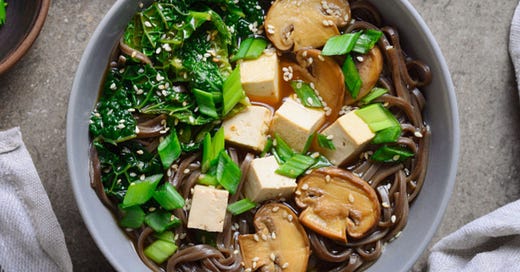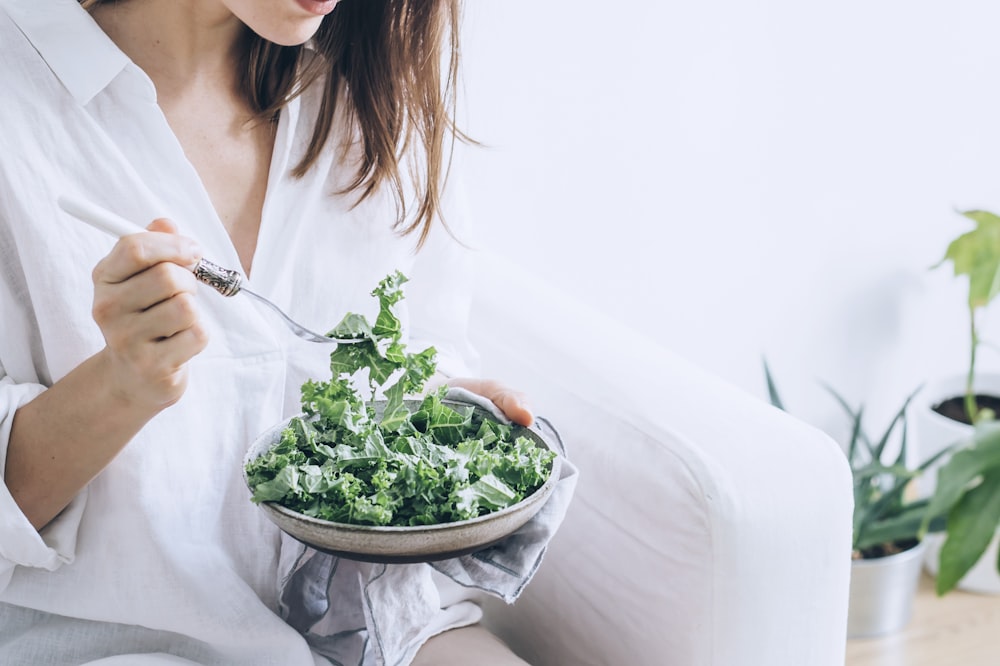🌱 How to Ensure Iron Nutrition on a Plant-based Diet? A Complete Guide
Exploring Iron Deficiency, Iron Absorption, Best Plant-based / Vegan Sources of Iron, Iron Supplementation, and Iron-rich Recipes
📖 About us: We are a UK startup with a mission to empower a healthier, sustainable future through plant-based transformation. Ranked in the top App Store charts across Europe, the Plantwise meal-planning app 🔗📲 offers protein-rich recipes that are both tasty and affordable.
Iron is an essential nutrient that plays a critical role in maintaining our overall health and well-being. In this comprehensive guide, we explore the importance of iron, the different types found in our diets, and how to meet your iron needs through plant-based sources. Whether you're a vegan, vegetarian, or simply looking to optimise your iron intake, this article provides valuable insights on the best plant-based iron sources, effective food pairing strategies, and ways to monitor your iron levels.
Why is Iron Important?
Iron plays a vital role in various bodily functions, including the production of haemoglobin, which transports oxygen from our lungs to the rest of our body. Adequate iron levels are essential for sustaining energy, as oxygen is required for cellular respiration and energy production. Iron also contributes to collagen synthesis, immune function, and neurological development.
Heme vs. Non-Heme Iron
There are two types of iron in our food: heme iron, which comes exclusively from animal products, and non-heme iron, which comes mostly from plant-based sources. Non-heme iron isn't absorbed by our bodies as easily as heme iron, but it is less likely to cause oxidative stress, which increases the risk of chronic diseases like heart disease and some cancers.
A 2012 study looked at the relationship between iron intake, different meats, and the risk of endometrial cancer in over 60,000 women in Sweden. During 21 years of research, 720 cases of endometrial cancer were found. The study showed that women who ate more heme iron, total iron, and liver had a 20-30% higher risk of endometrial cancer.
Understanding Iron Needs: Factors, Physical Activity, and Plant-based Diets
Iron requirements vary depending on factors such as age, gender, and life stage. Women who are menstruating typically need more iron to compensate for blood loss during their periods. Iron needs nearly double during pregnancy. In contrast, men and postmenopausal women have lower iron needs.
Physical activity levels can also influence iron levels in the body. Athletes and highly active individuals may face a higher risk of iron deficiency due to increased iron needs and losses through red blood cell turnover. In particular, female athletes are more susceptible to experiencing altered iron levels, potentially due to factors such as menstrual flow. These issues can result in poor physical performance, fatigue, and a weakened immune system.
A 2021 Norwegian study found that most vegans, vegetarians, and pescatarians had adequate iron levels. However, menstruating female vegans and vegetarians were more prone to low iron levels because of their higher iron requirements. A separate review of research in 2018 on vegetarian adults concurs that many vegetarians, particularly women, were at a higher risk of low iron levels and iron deficiency anaemia compared to non-vegetarians.
Nevertheless, vegans and vegetarians can maintain adequate iron levels by eating a variety of iron-rich plant foods and adopting strategies to improve iron absorption.
The Recommended Dietary Allowance (RDA) For Plant-based
For omnivorous adult men and women who have gone through menopause, the recommended daily amount of iron is 8 mg. However, women who haven't gone through menopause need 18 mg of iron each day because they lose some through their periods. Pregnant women require 27 mg daily to help their babies grow and support the increased volume of their blood.
Since the type of iron found in plant-based diets is not absorbed as easily, vegans and vegetarians are guided to consume 1.8 times more iron than people who eat meat. So, adult men and women after menopause on a vegan lifestyle may need around 14 mg of iron daily, while women before menopause need about 32 mg.
Best Plant-based Sources of Iron
Claim your 1-week free trial today to unlock in-depth information on the best plant-based sources of iron, strategies to enhance iron absorption, iron supplementation and monitoring for vegans, and a bonus list of delicious iron-rich recipes!
Keep reading with a 7-day free trial
Subscribe to Plantwise 🌱 to keep reading this post and get 7 days of free access to the full post archives.




